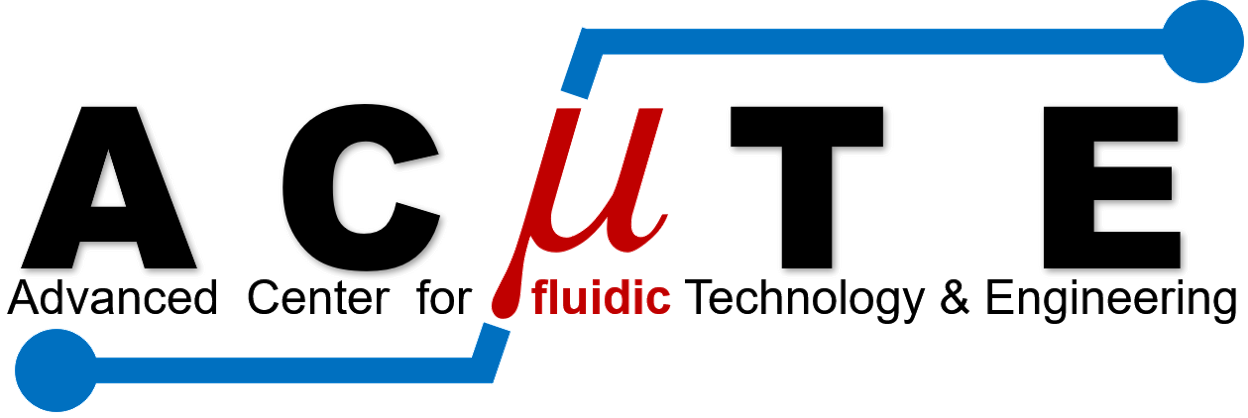Members
TRAINING PHILOSOPHY
Our goal is to train students who are independent and professional in conducting high-quality research and well-rounded individuals in life. Students are supported to reach their full potential for becoming leaders in solving global challenges in the health and safety sectors. For this, our approach is to mentor students to think critically towards analyzing research problems, defining gaps in the context of existing knowledge, developing objectives to address the gaps, and applying methodologies to fulfill objectives within timelines. By working on cutting edge multiphase microscale flow projects, students experience unique opportunities to understand the underlying physics, apply numerical and analytical approaches, and execute hands-on experimental research to investigate microflow phenomena.
Supporting pillars to foster learning are collaboration and professional skills. For this, almost all projects pursue objectives in which students spend considerable time in collaborator labs and/or interact with industry partners. They work in interdisciplinary and diverse environments to expand their knowledge horizon, develop skills in knowledge translation to non-experts, and learn best practices to improve research quality. Students’ communication strengthens progressively in weekly meetings and seminars and yearly attendance at top conferences.
We ensure equitable access of students to resources, e.g. meeting time, use of equipment, and traveling to events. For international students who may have had barriers to resource-intensive experimental research in the past, we allocate more training time and support at the beginning of their program, so they learn the principles and are enabled to participate, and feel included, in our research program. We also take religious, health, and family matters seriously and provide flexibility so students can achieve their academic goals without feeling excluded because of their beliefs, and or physical/emotional conditions.
TRAINING ENVIRONMENT
The training aims to advance the technical and professional skills of undergraduate, graduate, and post-graduate students. Theoretical coursework and experimental research begins immediately upon students’ arrival in the lab. Master students conduct cutting-edge research under the guidance of Dr. Rezai while PhD students are provided with progressive freedom to develop independence in research. Undergraduate students are often mentored by postdoctoral fellows and senior graduate students in the lab. Students have equal access to state-of-the-art tools used in industry to learn methodologies to fabricate, characterize and test microdevices. They receive training in modeling (e.g., COMSOL), microfabrication (e.g., photolithography), advanced manufacturing (e.g., 3D printing), composite materials (e.g., compounding), and characterization (e.g., microscopy, SEM). They learn analytical techniques to study biological and chemical substances inside microdevices. In addition, students are trained to set plans and priorities to conduct research, deliver professional weekly presentations, disseminate scholarly papers, and assist in reviewing articles.
